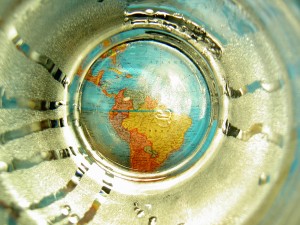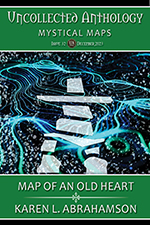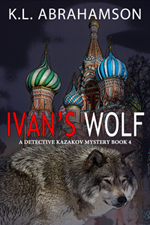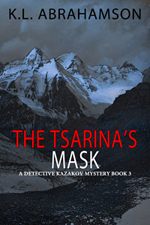The World is Flat: An ode to Columbus and all erroneous beliefs
 The shapes of the world’s continents have changed ever since the time of the supercontinent, Pangaea. We’ve all seen the renditions of the continents shifting and South America unzipping from the edge of western Africa. Just looking at a map of the world it’s possible to see how the pieces of the earth fit together once. It may even be possible to conceive of how the continents might look millions of years in the future as the tectonic plates shift and move under and over each other. We think we know this now, but other ages of people thought they had the world’s shape figured out, too.
The shapes of the world’s continents have changed ever since the time of the supercontinent, Pangaea. We’ve all seen the renditions of the continents shifting and South America unzipping from the edge of western Africa. Just looking at a map of the world it’s possible to see how the pieces of the earth fit together once. It may even be possible to conceive of how the continents might look millions of years in the future as the tectonic plates shift and move under and over each other. We think we know this now, but other ages of people thought they had the world’s shape figured out, too.
Contrary to popular belief, it didn’t take Columbus’s discovery of America to prove to the world’s thinkers that the earth wasn’t flat. Yes, in some parts of the world the belief was that the earth was a disc travelling on the back of a giant turtle, but back at the time of the Greeks and Egyptians and even before them, in China, great thinkers postulated that the world was round. They used logic and observation of the sun’s movement and shadows, as well as the way ships sink beneath the horizon to mathematically prove the earth’s general shape. What they didn’t know was the earth’s size. But that’s another story. They did, however, also theorize that the southern part of the earth were too hot for any human to inhabit. Happily for our friends south of the equator, they were wrong.
 It was the Middle Ages that led to the belief that the world was flat. Maps became conveyers of religious dogma, as opposed to a representation of world. I’ll talk on this later, but as the world moved out of the Middle Ages into the Age of Discovery, the debate began about the shape of the solar system and whether it was terra centric (the sun and moon and planets revolving around the earth) or sol centric (the earth and all the other planets revolving around the sun). At the same time as these debates raged, people also debated the shape of the world’s continents. The prevailing belief seemed to be that Asia not only extended far to the east, but that it then hooked down and around the Indian Ocean to connect with the as-yet-undiscovered Cape of Africa, leaving the Indian Ocean as a land-locked sea.
It was the Middle Ages that led to the belief that the world was flat. Maps became conveyers of religious dogma, as opposed to a representation of world. I’ll talk on this later, but as the world moved out of the Middle Ages into the Age of Discovery, the debate began about the shape of the solar system and whether it was terra centric (the sun and moon and planets revolving around the earth) or sol centric (the earth and all the other planets revolving around the sun). At the same time as these debates raged, people also debated the shape of the world’s continents. The prevailing belief seemed to be that Asia not only extended far to the east, but that it then hooked down and around the Indian Ocean to connect with the as-yet-undiscovered Cape of Africa, leaving the Indian Ocean as a land-locked sea.
What’s most interesting, is how human beliefs shaped the world around us. Think of the generations who grew up with these various beliefs. To them, the world WAS flat or the Indian Ocean WAS landlocked, or we really DID rely on a turtle to hold the whole thing up. That strength of belief colored all the beliefs of the early exploration of the east coast of whatever it was that Columbus discovered. first they believed it was the east coast of Asia. Then they believed it was a thin rind of a place, like a reef, that they could sail through. The maps show this. They show the ill-fated North West Passage, too – something that may finally exist if global warming continues its work.
In all of these cases it was the strength of their generation’s belief in what they’d drawn on their maps that kept explorers coming back to what became known as the Americas – and dying – again and again. When other beliefs gradually overtook the old ones, we gradually learned that what Columbus had really discovered was two new continents. Those layers of beliefs gradually reshaped the maps and thus the world we live in, much as my Cartos characters can believe and draw a new world into existence .
 Which makes me wonder about the power of beliefs even today, when those who believe in a flat earth and those who believe in a round earth still wear away at each other like tectonic plates. Is it possible for such disparate beliefs to live side by side, or do these people actually inhabit two separate worlds?
Which makes me wonder about the power of beliefs even today, when those who believe in a flat earth and those who believe in a round earth still wear away at each other like tectonic plates. Is it possible for such disparate beliefs to live side by side, or do these people actually inhabit two separate worlds?
And Columbus? He might have ‘proved’ that the earth was round, but he went to his grave believing that what he’d found was the backdoor to Asia, thus demonstrating that even an icon like Columbus could be blinded by his map of the world.









